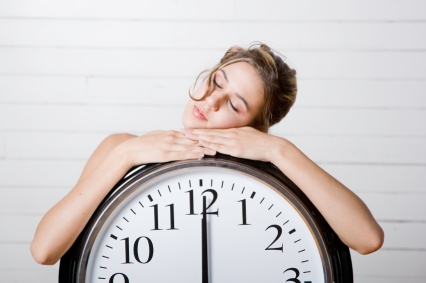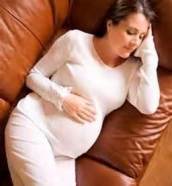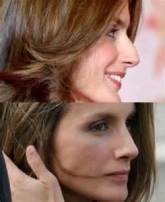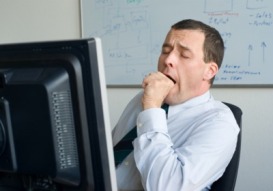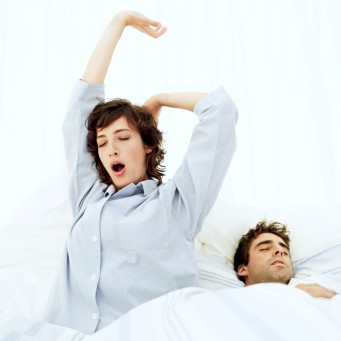We all know that professional athletes owe much of their success to a number of things such as rigorous training, determination and natural talent. But do you also know that the way they sleep also plays a big part in their success? Whether its golf, tennis, basketball, cycling, running, swimming or any other high endurance sport, it is a known fact that the well-rested athlete has better chances of securing victory.
Researchers have found that athletes who extend their sleeping time from the normal 8 hours to 10 hours performed better on the field. They determined that the extra hours of sleep improved the athlete’s brain functions, thus reducing stress and releasing more growth hormones that promote the healing of bones and muscles.
It’s no wonder that many world-class athletes take sleep very seriously. Take for instance Michael Phelps, the American swimmer who is the most decorated Olympian of all time with a total of 22 models to his name, 18 of them being gold. He appeared on the show “60 Minutes” with Anderson Cooper revealing that he slept in a specially designed sleeping chamber in preparation for the 2012 London Olympics. He used the sleeping chamber as a training tool to prepare his body for the task ahead. He tweeted a photo of his sleeping chamber which is posted here. 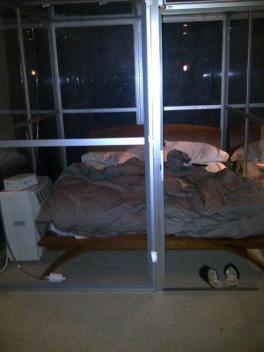 Needless to say, his insistence on good quality sleep helped him win another gold medal in the men’s 4×100-meter medley relay.
Needless to say, his insistence on good quality sleep helped him win another gold medal in the men’s 4×100-meter medley relay.
Usain Bolt, the Jamaican track and field star who is reportedly the world’s fastest man, also takes sleep very seriously. He also took measures to ensure success in the 2012 Olympics. Bolt reportedly slept in a custom made orthopaedic bed prior to the Olympics to make sure that he would not suffer from any back problems which could disrupt his training and preparations. His bespoke bed contained a 7ft mattress made especially for him. The quality sleep surely worked in his favour as he won a total of three gold medals in the Olympics.
The same importance world class athletes put on the quality of their sleep are useful for us regular folks too. In simple terms, good sleep equals better health. It’s the same for everyone – athlete or not.

